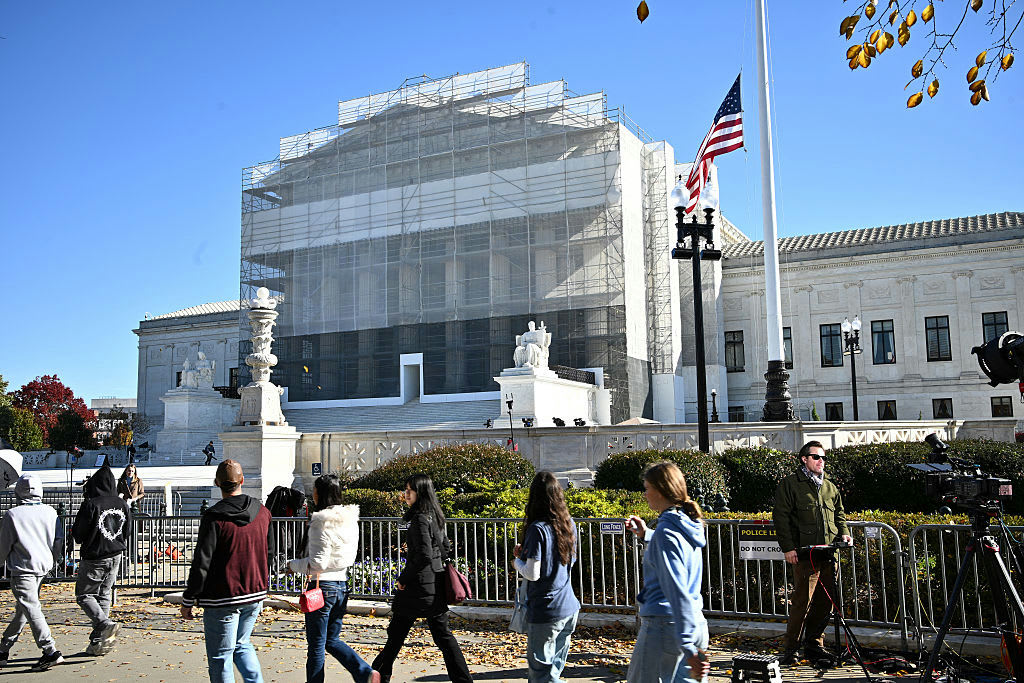Tariffs on China goods will hit women shoppers hardest, J.C. Penney argues
- J.C. Penney says of 19 apparel and other items it sells that would be hardest hit by U.S. tariffs on Chinese imports, women typically purchase 13.
- Women tend to run a household's purchasing, so items like children's toys, appliances and footwear will disproportionately have women buyers.
- The U.S. Trade Representative is hearing testimony from a wide swath of companies, many opposed to the proposed increase on roughly $300 billion of imports of Chinese goods.
Women would feel a "disproportionate impact" from higher tariffs on apparel and other items imported from China if President Donald Trump's proposed new trade levies are imposed. That's an argument J.C. Penney makes in a letter to the Office of the U.S. Trade Representative.
"Though surely inadvertent, the disproportionate impact of the proposed List 4 tariffs on women is striking," the company said, referring to the fourth round of proposed tariffs after the Trump administration's levies on three other groups of Chinese imports.
Of the 19 items the retailer listed as "priority items" hit by the tariffs, 13 are women's and girl's apparel, according to the letter. Items includes women's sweaters, tank tops, bras and denim.
"JCPenney's core customer simply cannot afford to pay an additional 25 percent tax on apparel, footwear, and household goods," the letter said. J.C. Penney also argued it's not just higher-priced clothes that will hit women hard. Because they're often the primary shoppers in a household, they'll have to pay more for a broader swath of consumer products.
"Increasing taxes on boy's shoes, kitchen appliances, sheets and blankets and curtains, and hundreds of other basic clothing items and home goods, will hurt all moms who don't have inexhaustible disposable income. It will force them to make tough choices," the letter said.
Seven days of hearings
Hundreds of companies began queuing up to testify in Washington on Monday for seven days of hearings on the Trump administration's proposal to jack up tariffs on $300 billion in Chinese imports. Companies are scheduled to testify through June 25, according to the USTR.
The White House has already imposed 25% tariffs on $250 billion in Chinese imports. The goal, according to U.S. trade officials, is to stop China from forcing U.S. companies to reveal trade secrets, stealing intellectual property and unfairly subsidizing Chinese tech companies.
Companies said consumer products could get more expensive if the White House proceeds with a plan to impose tariffs of up to 25% on an additional $300 billion in goods the U.S buys from China that aren't already subject to levies. Their prices would rise because consumer-oriented products like clothing often have thinner margins, making it more difficult for manufacturers or retailers to absorb higher costs through measures like cost-cutting. American companies pay the import tariffs, not China, as Mr. Trump has erroneously claimed.





